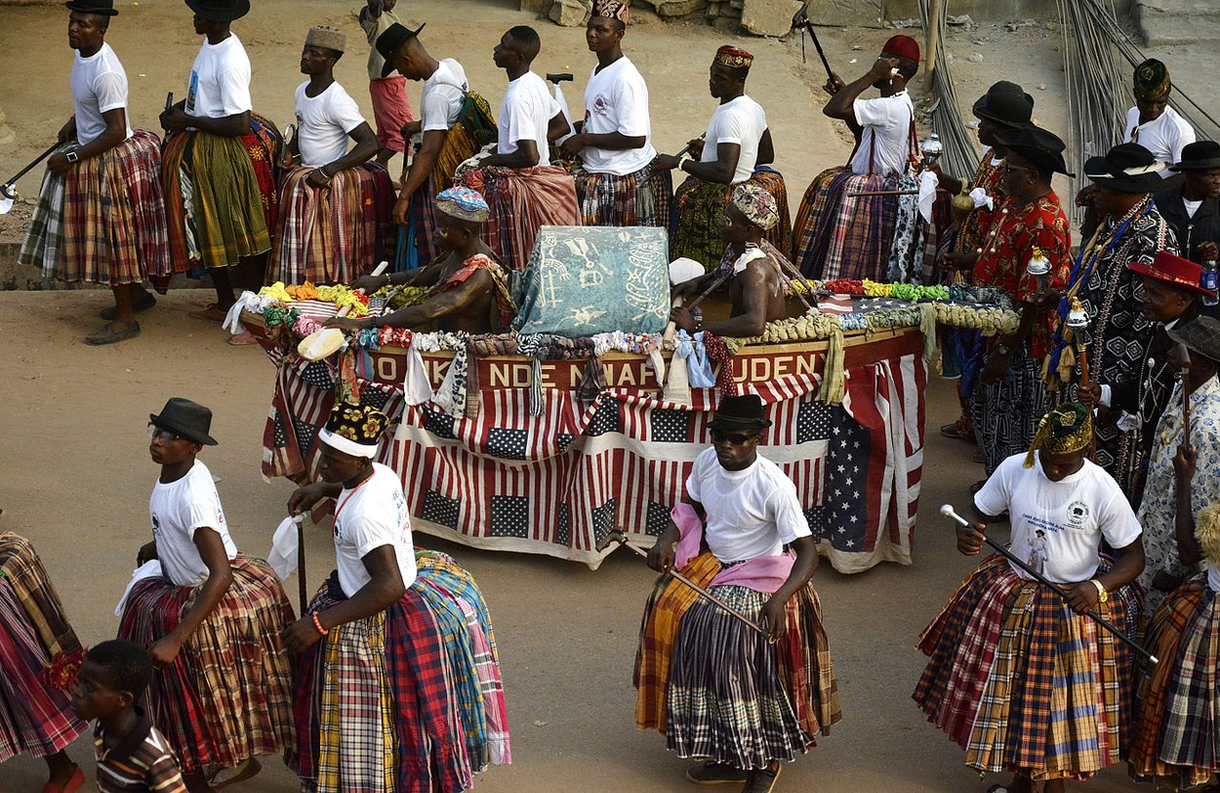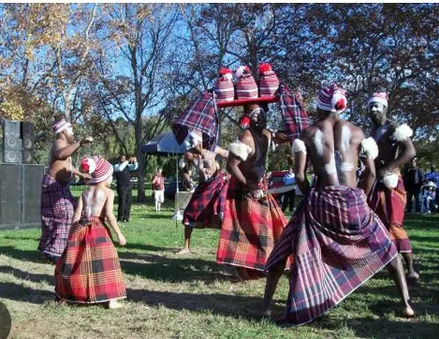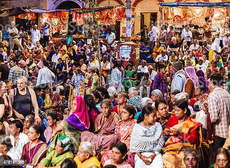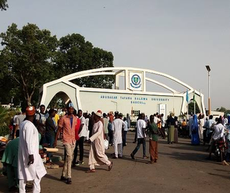Abiriba History Day: Evolution of a people

Culture is the name for what people are interested in, their thoughts, their models, the books they read and the speeches they hear. – Walter Lippmann.
The League of Abiriba Professionals, LeAP, as the name implies, is a non-profit community development organisation made up of professionals in diverse fields who can trace their roots to Abiriba, by birth or marriage.
Through the LeAP platform, Abiriba professionals have intervened in the Abiriba community in the areas of safety and security, power supply, and employment opportunities focusing majorly on economic empowerment and educational development.
Apart from these, LeAP also organises the Personal Improvement Lecture Series, PILS, through which it builds the capacity of members and so on Sunday, March 17, 2024 at the Dover Hotel, Ikeja, Lagos, they held their quarterly Personal Improvement Lecture Series, PILS, the first for the year, 2024 titled: Abiriba History Day: Evolution of the Abiriba Business Model: From Ikpu Uzu to Izu Afia (from blacksmithing to trading). The guest speaker was Chief (Barrister) Jackson Agbai, Senior Corporate Lawyer and the Managing Director of Dover Hotels, Lagos who did justice to the topic, taking the audience through the history of the Abiriba people of Abia State, South-East Nigeria. Excerpts:
According to Chief Agbai: "History has it that the Abiriba Igbos migrated from Ekoi in modern-day Cross River State. They, like other Igbo communities, were agrarian. They also had blacksmithing skills, which they acquired back in Ekoi.”
Enters Atlantic Slave Trade Era
The trans-Atlantic slave trade began in the 16th Century and the first shipment from Africa to the Americas was in 1526. Most of the implements used in the trade were chains, locks, guns, knives etc. and these were things produced by blacksmiths. Because the slave trade had become more lucrative than other businesses and the Arochukwu people were into the trade, the Abiriba blacksmiths thought it wise to move to the place where their services were needed.
Agbai said: “Since blacksmithing skills were in high demand, they travelled far and wide to provide their services. When the slave trade began to boom in Arochukwu, some Abiriba blacksmiths moved shop to Arochukwu, where they set up their foundry. Here, they produced the much-needed chains and locks for holding the slaves. They produced knives, pots, potstand, as well as guns. Some years later, one of the outstanding Abiriba blacksmiths produced guns that were as good as those made in Europe then."
“It’s interesting to note that these Abiriba merchants in Arochukwu limited themselves to their ikpu-uzu (blacksmithing) business only. They didn’t participate directly in the slave trade business."

As the Greek Philosopher, Aristotle said, ‘nature abhors a vacuum,’ so after the slave trade ended, life had to go on and so the ever-enterprising Abiriba businesspeople moved into other businesses.
He said: "After slave trade was abolished by William Wilberforce, the blacksmithing business in Arochukwu collapsed. The indefatigable Abiriba entrepreneurs now discovered they could travel the rough seas to modern-day Equatorial Guinea to buy diverse goods which they sold in Igbo land and environ. It was a dangerous journey where many lost their lives, and the few who succeeded, became very wealthy."
Okrika
“Later on, the Abiriba entrepreneurs started trading with the likes of GB Olivant as wholesalers and retailers. Some went into tailoring and produced singlets, pants, etc. in large quantities for the European companies in Nigeria."
Then they discovered the okrika (second-hand clothing) business. Calabar became a major trading port for the Abiriba merchants, who had their shops around the then popular Big Gutter.”
By the way, okrika is a general name for second-hand clothes in Nigeria. This name came from the small port town of Okrika in present-day Rivers State through which all second-hand clothes came into Nigeria at the time. They are also called Belgium, Tokunbo, and Bend-down-select clothes.
Continuing, the guest speaker said: "After the Nigerian Civil War, a few moved to other West African countries, some to Port Harcourt, Aba, Umuahia, etc. Some went back to Jos and so on, to resume their businesses or create new businesses."
Importation
“Then came the period of massive importation of textile goods, stock fish, shoes, etc. One of the foremost Abiriba businessmen then encouraged many of the Abiriba businessmen to go into manufacturing and industries. This gave birth to the likes of Star Paper Mills Ltd, Dubic Breweries, Omang Paints, Inter-soft drinks, Mono foam, and about 40 others."
Some then branched out and started investing in multinationals and Nigerian banks, hotels, hospitals, schools etc.
Today, we can boldly say that the Abiriba ikpu-uzu (blacksmithing) business, which has greatly metamorphosed into diverse successful modern businesses, has at its core the indefatigable entrepreneurial drive of the Abiriba people.
Related history


More history »
Latest Posts

Top 5 best cheapest and fastest VPS hosting providers

What is remote work? (Meaning, Examples, Type, Pros and Cons)

How to become a professional Writer, (step-by-step guide)

Top 10 best platforms to start podcasting in 2024

ATBU shut down campuses after students’ protests
More Posts »